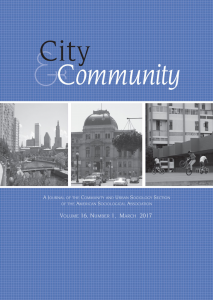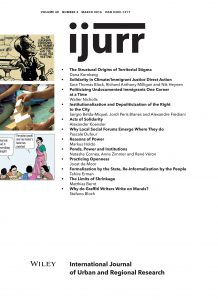How to make sense of the debate on “study drugs”?
“Medicalization“ as a theoretical concept has received much attention in sociology throughout decades and people’s drug use is a social phenomenon investigated from different perspectives in the social and life sciences. Research on “study drugs” is an area where many of these perspectives converge – not only because it prompts us to reconsider the treatment/enhancement distinction. In this article, Stephan Schleim describes how the topic of (allegedly) performance-enhancing drugs has fascinated him since high school. When scholars started discussing this...





1530-2415/asset/SPSSI_logo_small.jpg?v=1&s=703d32c0889a30426e5264b94ce9ad387c90c2e0)
